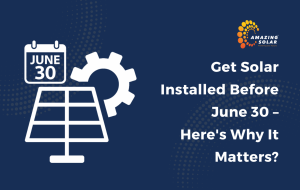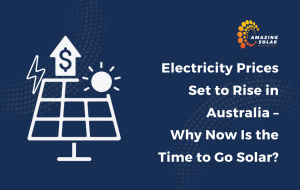Investing in a solar panel system is a smart way to reduce your carbon footprint and save money on energy bills. However, to make sure your system is working efficiently, it’s important to monitor its performance. Here are some tips for monitoring the performance of your solar panel system:
Check your electricity bill: Your electricity bill will show how much energy your solar panel system is generating and how much you are using. You can compare this to previous bills to see if your system is generating more or less energy.
Use monitoring software: Many solar panel systems come with monitoring software that allows you to track your system’s performance in real-time. You can use this software to see how much energy your system is generating, how much you are using, and how much you are exporting back to the grid.
Install a monitoring device: If your solar panel system doesn’t come with monitoring software, you can install a monitoring device to track your system’s performance. This device will connect to your solar panel system and provide real-time data on energy generation, usage, and export.
Keep an eye on weather conditions: The performance of your solar panel system can be affected by weather conditions, such as cloudy or rainy days. By keeping an eye on the weather forecast, you can anticipate any dips in energy production and adjust your energy usage accordingly.
Schedule regular maintenance: Regular maintenance is important for ensuring the long-term performance of your solar panel system. You can schedule regular check-ups with a professional to make sure your system is functioning optimally.
Look for signs of damage or malfunction: If you notice a sudden drop in energy production or other signs of damage or malfunction, such as strange noises or unusual smells, it’s important to contact a professional to diagnose and repair any issues.
In conclusion, monitoring the performance of your solar panel system is essential for ensuring that it is working efficiently and generating maximum energy savings. By checking your electricity bill, using monitoring software, installing a monitoring device, keeping an eye on weather conditions, scheduling regular maintenance, and looking for signs of damage or malfunction, you can keep your solar panel system running smoothly for years to come.
















